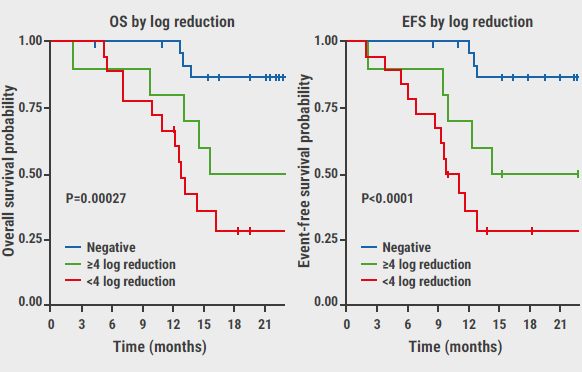"The number of hospitalizations for CLI is increasing in the US, as is the number of CLI patients with diabetes," Dr. Herbert Aronow of the Warren Alpert Medical School of Brown University and the Lifespan Cardiovascular Institute in Providence, Rhode Island told Reuters Health by email.
"Although revascularization for limb salvage is becoming more common, most patients with CLI (approximately two-thirds in our study) are not revascularized," he noted.
"Endovascular procedures have become the dominant mode of revascularization employed in patients with CLI," he said. The current study, published in JACC: Cardiovascular Interventions, found that "in-hospital mortality fell for all patients, but was lower for those revascularized and lowest for those who underwent endovascular revascularization."
Dr. Aronow and colleagues analyzed more than 1,200,000 hospitalizations from the 2002-2015 National Inpatient Sample database. The main cohort was split (2:1) between patients who did not undergo revascularization and those who did.
Overall, hospitalizations for CLI among patients with diabetes increased over time, as did the use of lower extremity revascularization. The same period saw a decline in in-hospital mortality.
In the matched cohort, overall, patients who were revascularized had lower in-hospital mortality (odds ratio, 0.68) and major amputations (OR, 0.25) compared with those treated medically.
Those who underwent surgical, rather than endovascular, revascularization had higher rates of in-hospital mortality (OR, 1.18) but lower rates of major amputation (OR, 0.75). They also had longer lengths of hospital stay (median 8 days vs. 6 days) but lower hospital costs (median $16,016 vs. $17,902).
Further, the surgery group had more minor amputations (20.2% vs. 19.2%; OR, 1.07), major bleeding (15.3% vs. 10%; OR, 1.63), blood transfusions (26.9% vs. 12.9%; OR, 2.50), infections (2.9% vs. 1.2%; OR, 2.40), respiratory complications (0.8% vs. 0.2%; OR, 4.06), discharges to a nursing facility (37.6% vs. 28.7%; OR, 1.50).
However, they had lower rates of acute kidney injury (9.4% vs. 13.2%; OR, 0.69) and similar rates of acute myocardial infarction (3.3% vs. 3.4%; OR, 0.95) and acute stroke (0.6% vs. 0.7%; OR, 0.89).
Dr. Aronow said, "From a public health standpoint, educational efforts will be essential to prevent diabetes and CLI in those at risk. From a clinical standpoint, patient and provider education about the importance of early specialty referral and timely revascularization may help prevent limb loss."
"From a research perspective," he added, "ongoing trials in patients with CLI should help inform decisions regarding the optimal revascularization strategy."
Dr. Prakash Krishnan, Director of Endovascular Interventions at The Mount Sinai Hospital's Cardiac Catheterization Laboratory in New York City, commented in an email to Reuters Health, "These data illustrate the central role of revascularization in patients with CLI for limb salvage and reducing in-hospital mortality."
"In the absence of data from randomized controlled trials, the (study) results indicate that certain patients might benefit from an endovascular intervention approach rather than surgical bypass," he noted. "At the Mount Sinai Health System, we have always followed an early invasive strategy in the appropriate patients with CLI who are at the highest risk of adverse outcomes."
SOURCE: https://bit.ly/3bF0wPV JACC: Cardiovascular Interventions, online February 24, 2021.
By Marilynn Larkin
Posted on
Previous Article
« High BMI tied to better overall survival in immune checkpoint inhibitor-treated metastatic RCC Next Article
Nanotherapeutic penetrates blood-brain barrier, shows promise in glioblastoma »
« High BMI tied to better overall survival in immune checkpoint inhibitor-treated metastatic RCC Next Article
Nanotherapeutic penetrates blood-brain barrier, shows promise in glioblastoma »
Related Articles
February 4, 2022
Sustained remission after TPO-RA discontinuation in chronic ITP

© 2024 Medicom Medical Publishers. All rights reserved. Terms and Conditions | Privacy Policy

